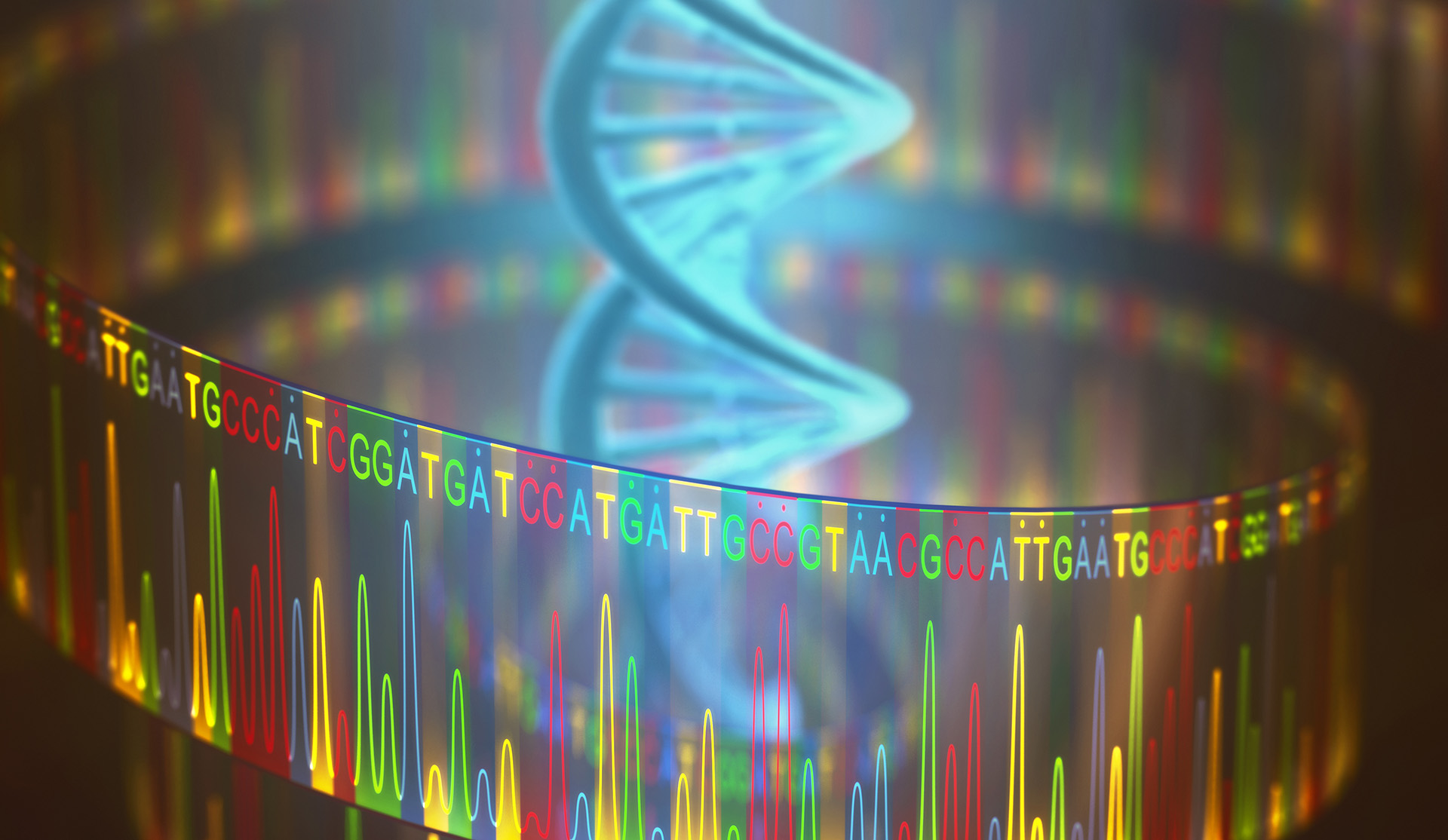Soon military leaders may be able to track diseases spreading among their troops using a device that fits in the palm of their hand. Read more at NationalDefenseMagazine.com.
The Defense Advanced Research Projects Agency put together a team of scientists and engineers in May to head the Detect It with Gene Editing Technologies program, or DIGET. The researchers aim to deliver low-cost, mobile tech that uses CRISPR technology to identify thousands of different diseases — including infectious ones like COVID-19 — using DNA samples.
This kind of advancement in biodetection will allow military leaders to direct troop movement despite pandemic conditions, said biochemist and molecular biologist Rachel Fezzie of Draper, a biotechnology company whose scientists have joined DARPA’s team. Tracking diseases in real time enables better situational awareness for more informed strategic decisions, she said.
“The idea here isn’t just that everybody’s getting sick … and go back and try and figure out what it is,” she said in an interview. “It’s that as soon as people start getting sick, you actually know what it is.”
The project is “ambitious,” she said, as DARPA is pushing for the device to be able to detect diseases even if the amount of pathogens in the DNA sample is low.
While the device could be useful for the COVID-19 pandemic, the team will also design the device to adapt to future global health crises, she noted. Once the genetic sequence of a new disease has been identified, manufacturers could theoretically create a new array to detect it as soon as 24 hours later.
DARPA has a history of disease-related research. The lab’s 2013 project, Autonomous Diagnostics to Enable Prevention and Therapeutics, laid the groundwork for developing nucleic acid-based vaccines to fight the COVID-19 pandemic.
The DIGET device also has civilian applications in containing a disease outbreak, said John Julias, Draper’s program manager for the effort. IDbyDNA, one of Draper’s partners on the project, is focused on making the user experience so simple that even those without medical training can use it.
Its portability and convenience make it accessible for every community, Julias said.
“This could be a real game changer,” he said.
The team, which is led by biotechnology company MRIGlobal, expects to finish the project after it completes two phases each lasting two years.

